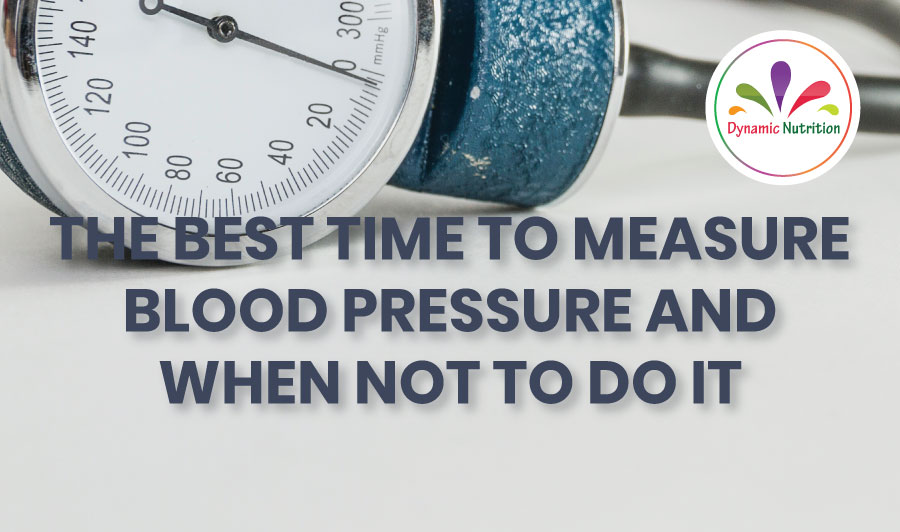 The best time to measure blood pressure can depend on the individual and their daily routine. Generally, it is recommended to take measurements at the same time each day to ensure consistency.
The best time to measure blood pressure can depend on the individual and their daily routine. Generally, it is recommended to take measurements at the same time each day to ensure consistency.
Here are some general guidelines to follow:
1. Time of day
Blood pressure can vary throughout the day, so it’s best to measure it at the same time each day for consistency. The American Heart Association suggests measuring blood pressure in the morning, before eating breakfast and taking medications, and in the evening, before dinner.
2. Activity level
Blood pressure can increase temporarily during physical activity, so it’s best to avoid measuring it immediately after exercise or strenuous activity.
3. Stress level
Blood pressure can also increase temporarily due to stress, so it’s best to avoid measuring it immediately after a stressful event.
4. Medications
Some medications can affect blood pressure, so it’s best to follow your healthcare provider’s instructions on when to take your medications and when to measure your blood pressure.
Overall, the best time to measure blood pressure can depend on an individual’s daily routine, and it’s best to consult with a healthcare provider for specific recommendations.
Do Not Measure It Too Often
While it is important to monitor your blood pressure, it is not recommended to measure it too often.
1. It can cause unnecessary anxiety
Taking your blood pressure too often can cause unnecessary anxiety, especially if you have a tendency to worry about your health. This anxiety can lead to temporary spikes in blood pressure, which may not accurately reflect your overall blood pressure levels.
2. It can lead to over-diagnosis and overtreatment
Measuring your blood pressure frequently can lead to over-diagnosis and overtreatment, where people are diagnosed with hypertension and prescribed medication when they don’t actually need it. This can result in unnecessary medication use, side effects, and health care costs.
3. It can be time-consuming and inconvenient
Taking your blood pressure frequently can be time-consuming and inconvenient, especially if you have to travel to a clinic or use a home monitoring device.
It is generally recommended to take blood pressure readings once a day or as recommended by your healthcare provider. It’s also important to take readings at consistent times of day and to follow any instructions provided by your healthcare provider to ensure accurate and reliable results.
Related Topics:
Why Blood Pressure Rises With Age Despite Adopting A Healthy Lifestyle?
Would A Salty Dish Result In Blood Pressure Spike?
9 Top Tips For Managing High Blood Pressure
7 Symptoms Of High Blood Pressure
Side Effects Of Red Yeast Rice
Three Ways French Pine Bark Protects The Heart
Deep Vein Thrombosis Treatment With Nattokinase NSK-SD®
Are you at Risk of Deep Vein Thrombosis (DVT)?
New Guidelines Advise against Low-dose Aspirin to Prevent Strokes and Heart Attacks for Older Adults
How To Identify Signs Of Heart Attack
Top 5 Benefits Of Grape Seed Extract
The Risk Factors of High Blood Pressure and Simple Steps to Control it










Facebook Comments